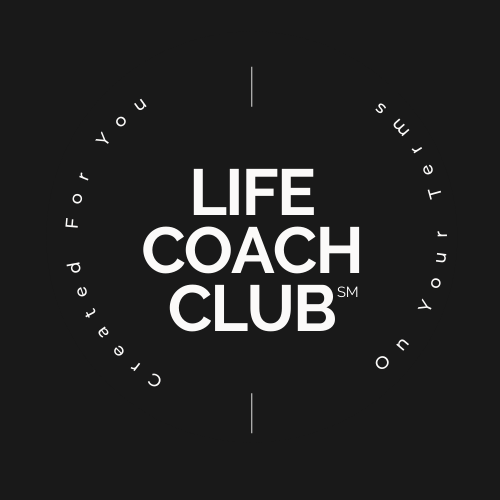Unmasking the Myth of Imposter Syndrome - Drew Houston
Every so often, a word or phrase enters the cultural lexicon and seems to take hold on the masses. In
recent years, a term that has been perpetually present, particularly for women and BIPOC folks in the
workplace is IMPOSTER SYNDROME (insert Jaws theme music). If you haven’t heard of Imposter
Syndrome, congratulations! It is likely not something you find yourself struggling with. But for the rest
of us (yes, even me, the Confidence Coach!), we have to work diligently to fight against it.
Although the uptick in the use of the term would have you think that it’s a fairly recent trend, it turns
out that the phrase, originally called “The Imposter Phenomenon” was coined in the 1970s. Imposter
Syndrome: the pervasive feeling of inadequacy despite evident success; a sneaky voice whispering that
you’re a fraud about to be exposed.
Yes, it’s been around for a while, and yes, many of us have fallen victim to it, but what if I told you that
Imposter Syndrome is just another lie we tell ourselves? It’s my belief that Imposter Syndrome thrives
on self- doubt and societal pressure. If we starve it of those things that give it power then *POOF*
Imposter Syndrome be gone!
You may be asking yourself: How can a Confidence Coach who admits to having Imposter Syndrome help
me?? The answer is simple: I get it! I’ve been there! And I’m in the trenches every day, fighting right
alongside you. As a confidence coach, it might seem contradictory to experience Imposter Syndrome,
but this phenomenon can affect anyone, regardless of their profession or expertise. Despite my role in
empowering others, I am certainly not immune to self-doubt and the internal pressures that come with
high expectations. For me, experiencing and overcoming imposter syndrome is a strength rather than a
weakness; it contributes to my own ongoing personal and professional growth.
Even as a Confidence Coach, I know firsthand that the journey to unwavering self-assurance is ongoing
and requires constant effort. Despite helping others cultivate their inner strength, I too face moments of
self-doubt and have to work diligently to maintain my own confidence. It’s essential to practice what I
preach: regularly reflecting on my achievements, seeking out supportive networks, and embracing
personal growth. These experiences not only make me more empathetic to my clients but also reinforce
the reality that confidence is not a fixed trait but a skill that needs nurturing and reinforcement. By
continuously working on my own confidence, I can better guide others on their paths to self-
assuredness.
So, what can WE do to overcome Imposter Syndrome together?
The first step is to challenge the negative thoughts and self-doubt that fuel this syndrome. Join me in
keeping a record of accomplishments, big or small, and revisiting them regularly to remind ourselves of
our capabilities and successes. Lets surround ourselves with supportive individuals who can offer
perspective and encouragement when our self-esteem wavers. It's crucial to understand that making
mistakes and experiencing setbacks are natural parts of any learning process, not evidence of
fraudulence.
Additionally, fostering a growth mindset can be transformative in overcoming imposter syndrome. We
can intentionally look at challenges as opportunities for growth rather than threats to self-worth.
Remember: progress over perfection! We can choose to celebrate incremental improvements and
learning from each experience.
Despite its lengthy presence in our lives, I choose to believe that Imposter Syndrome is nothing more
than a fictional foe, a mental mirage conjured by our own insecurities. Join me on this journey of self-
discovery and empowerment. It’s time to unmask the myth and break free from the chains of doubt.
Because the truth is, you’re not an imposter – you’re exactly where you’re meant to be, with all the skills
and talents to prove it.
That seat at the proverbial table? Reseved for you!
Your voice? Powerful (even when it shakes)!
The career and/or relationship changes you desire? Attainable!
Space? Yours to take up!
Join me, and let’s dive in.
